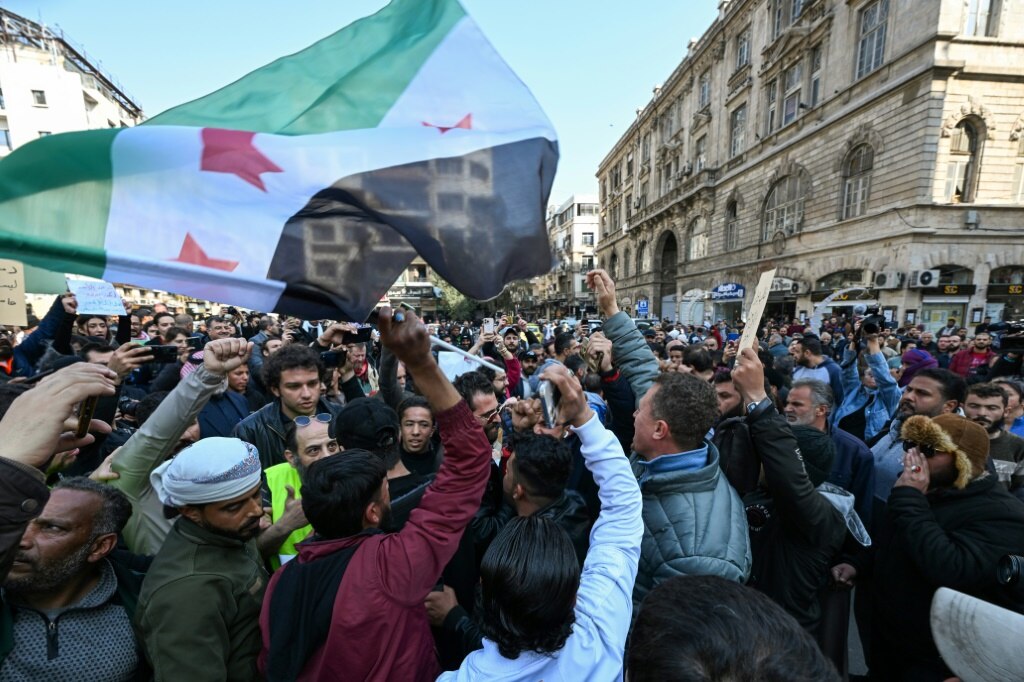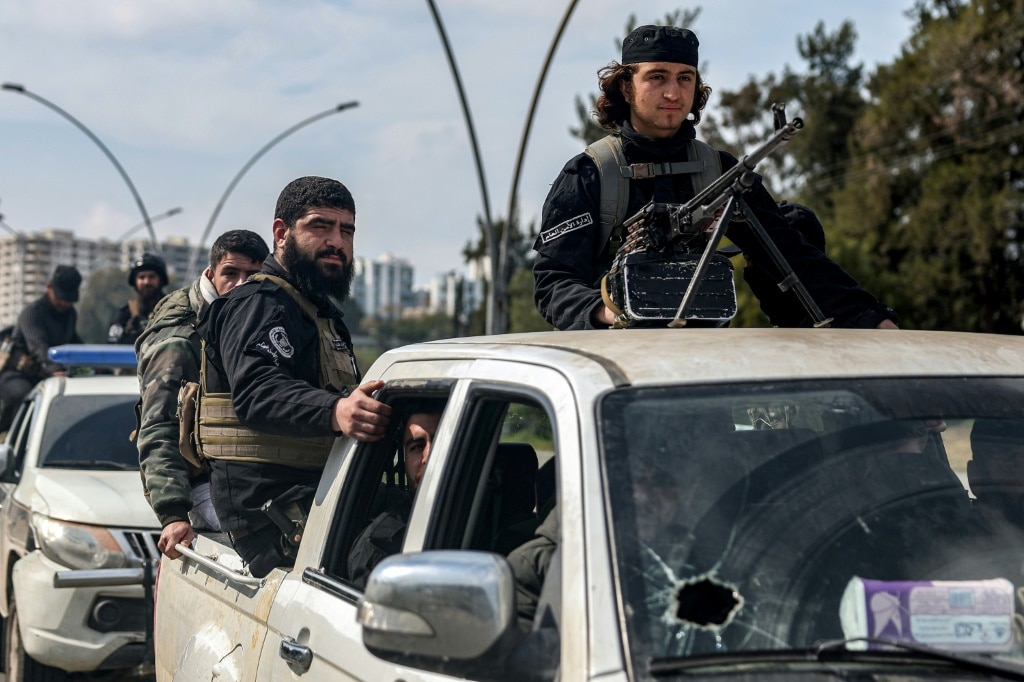Fierce fighting With Assad supporters poses toughest test for Syria’s new rulers
New Islamist government promises to investigate the killing and displacement of civilians mainly from a religious minority in coastal Syria

Syria said that it had ended a government military operation in response to insurgent attacks that resulted in a spiral of violence and put the country’s nascent political transition on a knife’s edge.
The Syrian government on Monday promised to continue to stamp out the remnants of former President Bashar al-Assad’s regime while investigating the violence of the past few days, which included killings and mass displacement of civilians along the country’s Mediterranean coast.
The killings have sparked fears of further reprisals among members of Syria’s Alawite religious minority, who have been anxious about their future since Sunni Islamist rebels led the overthrow of Assad, who is himself an Alawite.
The new government in Damascus, led by president and former rebel leader Ahmed al-Sharaa, scrambled on Monday to contain the damage from the violence in the coastal region, which began Thursday night after partisans of the old regime launched a series of lethal attacks on security forces.

The spasm of violence poses the most serious political test for Sharaa and his nascent government since the fall of Assad in December, narrowing the path for him to establish trust among Syria’s array of religious and political groups who are traumatised after around 14 years of civil war and worried about renewed sectarian strife.
The most difficult challenge is building trust among Syria’s Alawi community, who have been wary of the new government since its inception. Accounting for about 10 per cent of Syria’s population, Alawites sometimes occupied privileged positions in the Assad regime but also fell victim to its repressive divide-and-conquer instincts, and many opposed the regime.
“Is a huge threat to the whole transition,” said Dareen Khalifa, a senior adviser at International Crisis Group. “They were baited into it, and they definitely walked into the trap and acted in the worst possible way,” she said of the government’s response.
The clashes and killings also add to the headwinds for Sharaa and as he tries to gain international acceptance for his government. Sharaa’s former rebel group, Hayat Tahrir al-Sham, is labelled a terrorist group by the US The European Union and U.K. have eased sanctions on Syria but the Trump administration has slowed an effort set in motion by the Biden administration in which it began to slowly peel back economic restrictions on Syria that were put in place during the Assad era.
Secretary of State Marco Rubio on Sunday said the US “condemns the radical Islamist terrorists, including foreign jihadis, that murdered people in western Syria in recent days.”
The episode realised some of the worst fears of Syrians who hope to chart a path to a stable and inclusive future after a conflict in which the Assad regime used torture, disappearances, chemical attacks and shelling of civilian areas in his long effort to remain in power. Some half a million people were killed in the conflict, leaving many with deep traumas and some with lingering sectarian resentments.
The fighting and killings piled more challenges on Sharaa’s government, which is still attempting to merge various rebel groups into a new army and faces an array of other problems including investigating crimes committed by the old regime and contending with foreign powers with competing interests in Syria, including Russia, Turkey, Israel and Iran.
Sharaa in a televised address to the nation on Sunday night vowed to hold accountable anyone who had killed civilians or committed rights violations, while also blaming old regime loyalists for setting the violence in motion.
“They broke the wall that maintains civil peace, leading to the violations and chaos we all witnessed,” he said. “No one will be above the law, and all those whose hands are stained with Syrian blood will face justice sooner rather than later,” he added.
Security analysts closely following Syria said that the government failed to stop what appeared to be a mass mobilisation by armed groups that were part of the wider rebel coalition that toppled Assad, rather than sending a smaller group of more disciplined forces.
“It’s an insurgency. It needs to be dealt with force. I get that part, but then send your finest fighting force in order to minimise civilian casualties and keep out the guys that you know are going to commit horrible things,” said Khalifa
The attacks and resulting crackdown shattered three months of relative calm within Syria in which the country’s domestic security situation had been stable after more than a decade of war.
Syrian officials and international organisations are still working to establish the facts of what happened after regime loyalists attacked government forces, sparking the government’s clampdown.
The White Helmets, an internationally renowned rescue organisation in Syria, said its teams recovered 22 bodies “including families” in the city of Baniyas on the Syrian coast. The group also said it helped evacuate more than a dozen families in Baniyas and the city of Latakia.
The United Nations humanitarian co-ordination office said that thousands of people had reportedly been displaced. Six hospitals and several ambulances were rendered inoperable by the fighting, the U.N. also said.
Several Alawite civilians in the coastal region said that armed men had stormed the area killing people indiscriminately.
“They killed women, young men, everyone. We didn’t know where to go. We fled into the forests in the mountains,” said a 35-year-old Alawite man from the city of Jableh on the coast.
The Wall Street Journal





To join the conversation, please log in. Don't have an account? Register
Join the conversation, you are commenting as Logout